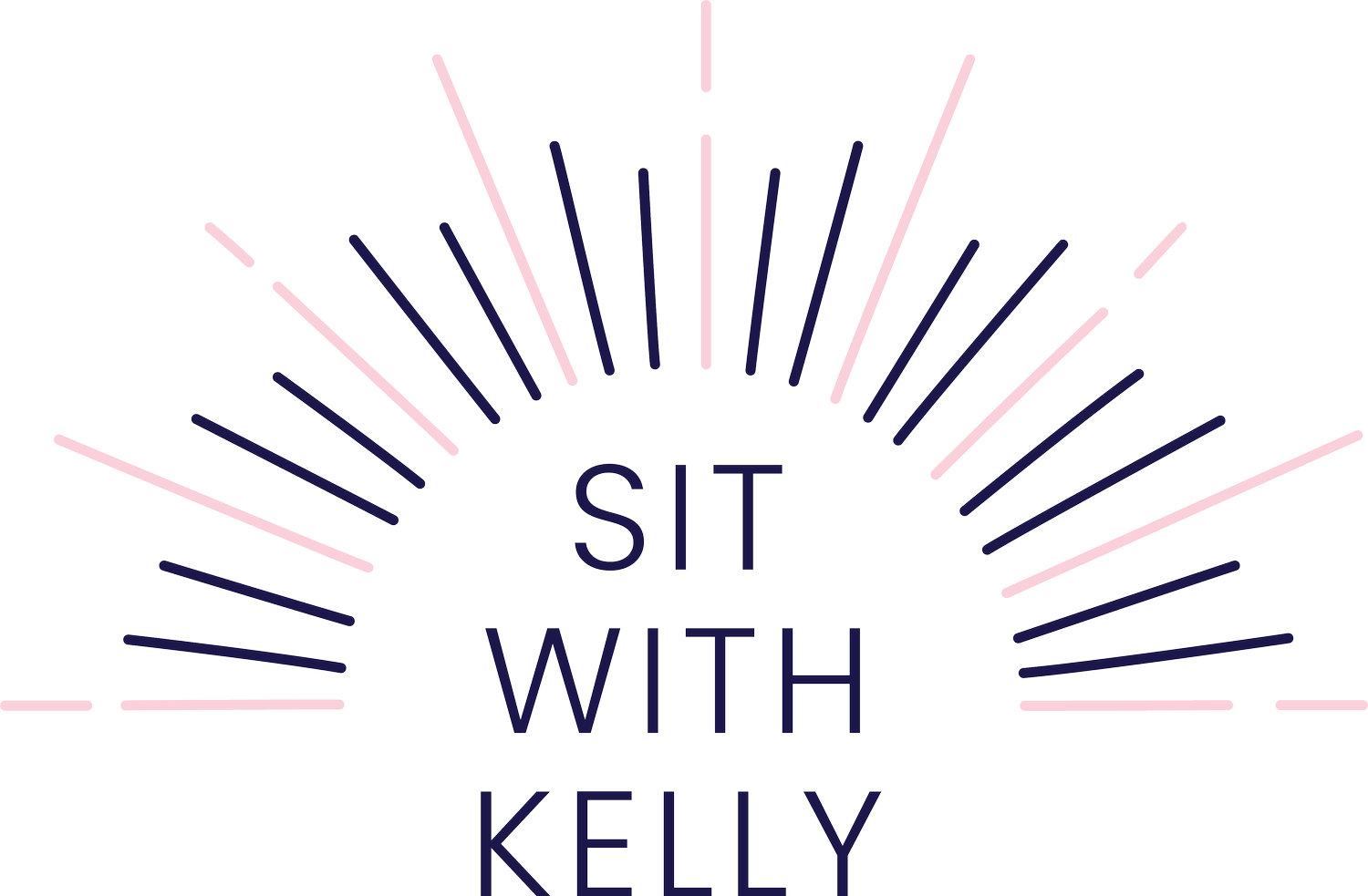2022 Won’t Be a Magical Cure
Why is it dangerous to think of 2022 as a magical cure?
Unfortunately, the past two years aren’t a romantic comedy and the ball dropping on New Year’s Eve will not instantly change our lives. The end of 2021 will not eliminate all the anxiety, grief, and loneliness that we’ve experienced.
Many things will still be the same until we reach herd immunity, and I have no idea when that will happen. Expecting that everything will return to normal because it will be the start of a new year is something therapists refer to as “magical thinking”.
Magical thinking is a common thought error, or cognitive distortion, where people think that one event happens as a result of another unrelated event. While this can certainly be comforting in the short-term, it gives us a false sense of control over the future.
What is a more productive way to think about this instead?
While it may not be helpful to expect things to get better instantaneously (magical thinking), it is certainly helpful to have hope that things will get better soon. Research has shown that hope is an incredibly powerful thing. One study found that hope is associated with improved coping, well-being, and healthy behaviors. Another study showed that hope is a strong predictor of recovery from anxiety disorders. I’m not sure when things will get better, but I know they will eventually, and that feeling of hope makes me feel good.
How should you handle your expectations going into 2022?
Pay attention to your thoughts. If you find yourself engaging in magical thinking, stop and identify that. Literally say to yourself “this is magical thinking”.
We are all incredibly resilient for getting through everything 2020 and 2021 has thrown our way. Remember that and focus on your strengths. You have what it takes to get through 2022 too.
Pay attention and watch for catastrophizing thoughts. Even if COVID isn’t eradicated at the start of the new year, things will return to normalcy sometime in the near-ish future. Look out for thoughts like “things will always be this way” or “things will never get better”. Stop and challenge these thoughts. It can be helpful to ask yourself, is there evidence for this thought?
What are some ways you can limit your stress going into 2022?
We need to accept that our thoughts are not facts. Our brains come up with all sorts of thoughts on their own, called automatic thoughts. We need to learn to stop, pay attention to these thoughts, and determine their accuracy. It is not helpful to have overly positive or negative thoughts. We need to find a balance based in reality. Talking to a therapist trained in cognitive behavioral therapy (CBT) can be really helpful for this.
Journaling is a really useful coping skill. Putting pen to paper is so therapeutic, and it allows you to reflect on your feelings, which can decrease their intensity. If you’ve never tried journaling before, it can be helpful to start with some structured prompts in a gratitude journal. Gratitude journals lower stress levels, increase focus, and bring a renewed perspective of appreciation to your life. You can get started by writing down three good things that have happened to you this week.
Mindfulness helps us to be present in the current moment without judgment. There are tons of guided meditations on the internet that can help you get started. Box breathing is another great mindfulness technique. Visualize your breath going around a square as you inhale for 4 seconds, hold for 4 seconds, exhale for 4 seconds, and hold for 4 seconds. Repeat this four times.
Fostering community is so important to combat the unprecedented feelings of loneliness and isolation that have crept into our lives. We need social interactions now more than ever before. Strengthen relationships intentionally with people who are aligned to your values. Plan socially distanced activities or group video calls.
What will 2022 likely look like?
We don’t know what 2022 will look like, but we know it will bring more uncertainty. For many people, the feeling of uncertainty can be very uncomfortable and lead to lots of anxiety. It is important to recognize what’s outside of our control and learn to lean in and accept the uncertainty. Don’t run from it, as this will only amplify feelings of anxiety and distress. Try using mindfulness techniques to be present at the moment rather than letting your mind race off to thoughts of “what if”. Instead of telling yourself, “I can’t deal with any more uncertainty” try saying “uncertainty is uncomfortable, and I don’t like it, but I can live with this feeling until it passes”.
However, you’re celebrating the start of 2022, I’m wishing you a Happy New Year! We’re all in this together.
Remember: this post is for informational purposes only and may not be the best fit for you and your personal situation. It shall not be construed as legal, financial, or medical advice. The information and education provided here is not intended or implied to supplement or replace professional advice of your own attorney, accountant, physician, or financial advisor. Always check with your own physician, attorney, financial advisor, accountant, or other business or medical professional before trying or implementing any information read here.

